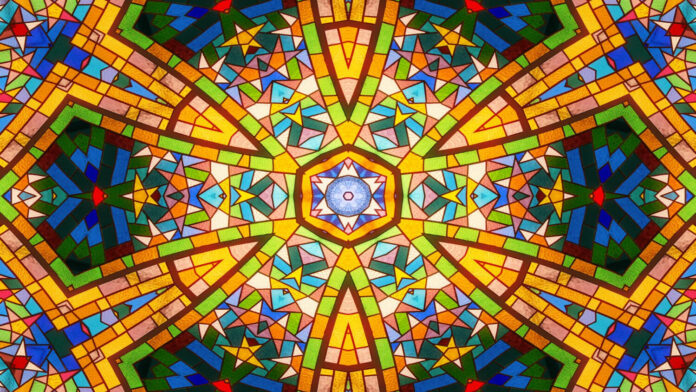In recent times, the United States has seen a significant increase in the number of psychedelic churches, with estimates indicating the existence of up to 2,000 of these establishments. This growth is part of a worldwide movement towards therapy involving drug use, where individuals seek spiritual awakening through the use of hallucinogens.
Leaders of these psychedelic congregations hail from varied backgrounds, encompassing former Mormons, lawmakers, individuals associated with QAnon, financial professionals, and a “Mushroom Pope” known for his LGBTQ identity. Congregants of these churches hold the belief that their constitutional rights safeguard their religious practices and ceremonies, which prominently include the use of psychoactive substances.
Origins and Leaders of Psychedelic Churches
One example of a growing psychedelic church is Hummingbird Church, founded by Colette Close, a vice president at a US bank. She co-founded the establishment with Colombian shaman Taita Pedro Davila three years ago. Other notable psychedelic preachers include the queer “Mushroom Pope” in San Francisco, who provides followers with a magic mushroom chocolate bar called “Mighty Penis” as a religious sacrament. In addition, former Mormon and Republican senator Steve Urquhart leads one of the largest psychedelic churches, The Divine Assembly, which boasts a membership of over 10,000 people.
Why People Convert to Psychedelic Churches
Those who practice within psychedelic churches often describe a profound connection with God or spirituality after participating in ceremonies involving substances like Ayahuasca or magic mushrooms. They share stories of personal transformation and healing due to their experiences under the influence of psychedelics.
Colette Close shares her experience of finally feeling connected with God through Ayahuasca, describing it as a profound and real experience. Members of her Hummingbird Church engage in various rituals and ceremonies, which may include the use of tobacco snuff called “rapeh” and blowing it up another’s nose using a pipe called a “tepi.”
The Legal Landscape for Psychedelic Churches
Psychedelic churches operate across the US in states with both liberal drug laws, like California and Oregon, and conservative ones, like Utah and Alabama. The establishments claim their rituals are protected under the constitution due to sincere religious beliefs. Still, there have been several legal challenges regarding the use of illicit substances for religious purposes.
In some cases, this has led to law enforcement interventions, such as when SWAT teams and helicopters descended on Colette Close’s Hummingbird Church after reports of a terrifying scream during an intense Ayahuasca ceremony.
Mormons and Former Mormons Finding Solace in Psychedelic Churches
One notable aspect of the psychedelic church movement is the large number of disaffected Mormons joining these alternative spiritual practices. Steve Urquhart, the former Republican state senator and founder of The Divine Assembly, struggled with drug addiction throughout his adult life while hiding it during his political career. He represents a significant number of former Mormons who have turned to psychedelics for spiritual growth and healing.
Community Building Within Psychedelic Churches
Members of psychedelic churches often share their experiences and build community by discussing the impact of their spiritual journeys with one another. For example, followers of Hummingbird Church gather around a pool in Temecula, California, to discuss their recent Ayahuasca or other hallucinogen-induced experiences.
Acceptance and Expansion
As more people learn about and explore psychedelic churches, the movement continues to gain traction and reach a wider audience. Close’s bosses at her banking job support her practices, and she has converted some of her co-workers into followers.
With the increasing popularity and acceptance of psychedelic therapy, psychedelic churches will likely continue to grow in numbers and influence across the United States. The question of legal protection for these practices remains an ongoing issue, but as society becomes more open to alternative spiritual paths, the trend may continue its rapid expansion.


